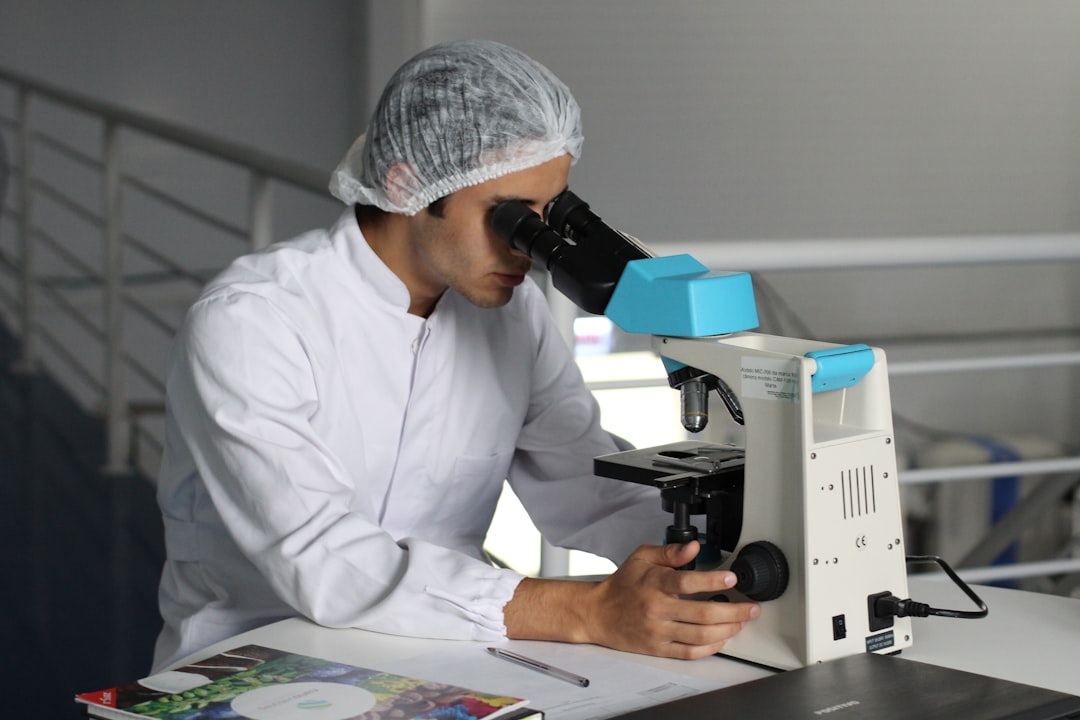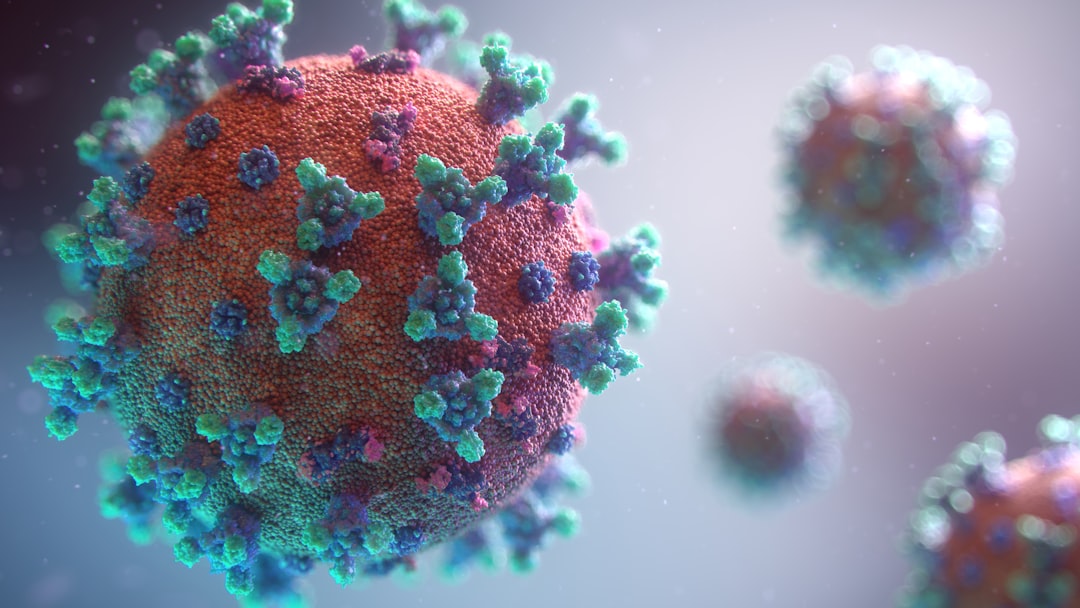What is it about?
Machine learning (ML), a subset of AI, has been highly effective at predicting various types of cancer. AI and ML have the potential to improve the diagnosis, prognosis, and quality of life of patients with various illnesses, and various cancers. ML algorithms can analyze large datasets of medical records, imaging studies, and genetic information to identify patterns that may indicate cancer and can also predict cancer risk, which can aid in early diagnosis.
Featured Image

Photo by Igor Omilaev on Unsplash
Why is it important?
The current global trend in using AI cancer diagnosis and treatment is highly promising. It is being increasingly integrated into various stages of cancer care, from early detection to treatment design and patient monitoring. The use of AI algorithms in cancer diagnosis has been shown to improve accuracy and reduce false negatives, thereby enabling earlier detection and intervention. AI is also being used to identify actionable oncology biomarkers, which can aid in therapy design and accelerate drug discovery.
Perspectives
AI has the potential to improve cancer diagnosis and treatment by enhancing sensitivity, specificity, and accuracy in detecting cancer biomarkers, optimizing drug delivery, and providing personalized treatment plans based on individual patient data. However, there are also challenges in integrating AI with cancer diagnosis and treatment, such as data privacy and security concerns, the need for large and diverse datasets, and the need for robust and validated algorithms. Addressing these challenges will be crucial for realizing the full potential of AI in cancer diagnosis and treatment.
Shubham Choudhary
Read the Original
This page is a summary of: Role of Artificial Intelligence in Drug Discovery and Target Identification
in Cancer, Current Drug Delivery, July 2024, Bentham Science Publishers,
DOI: 10.2174/1567201821666230905090621.
You can read the full text:
Contributors
The following have contributed to this page










